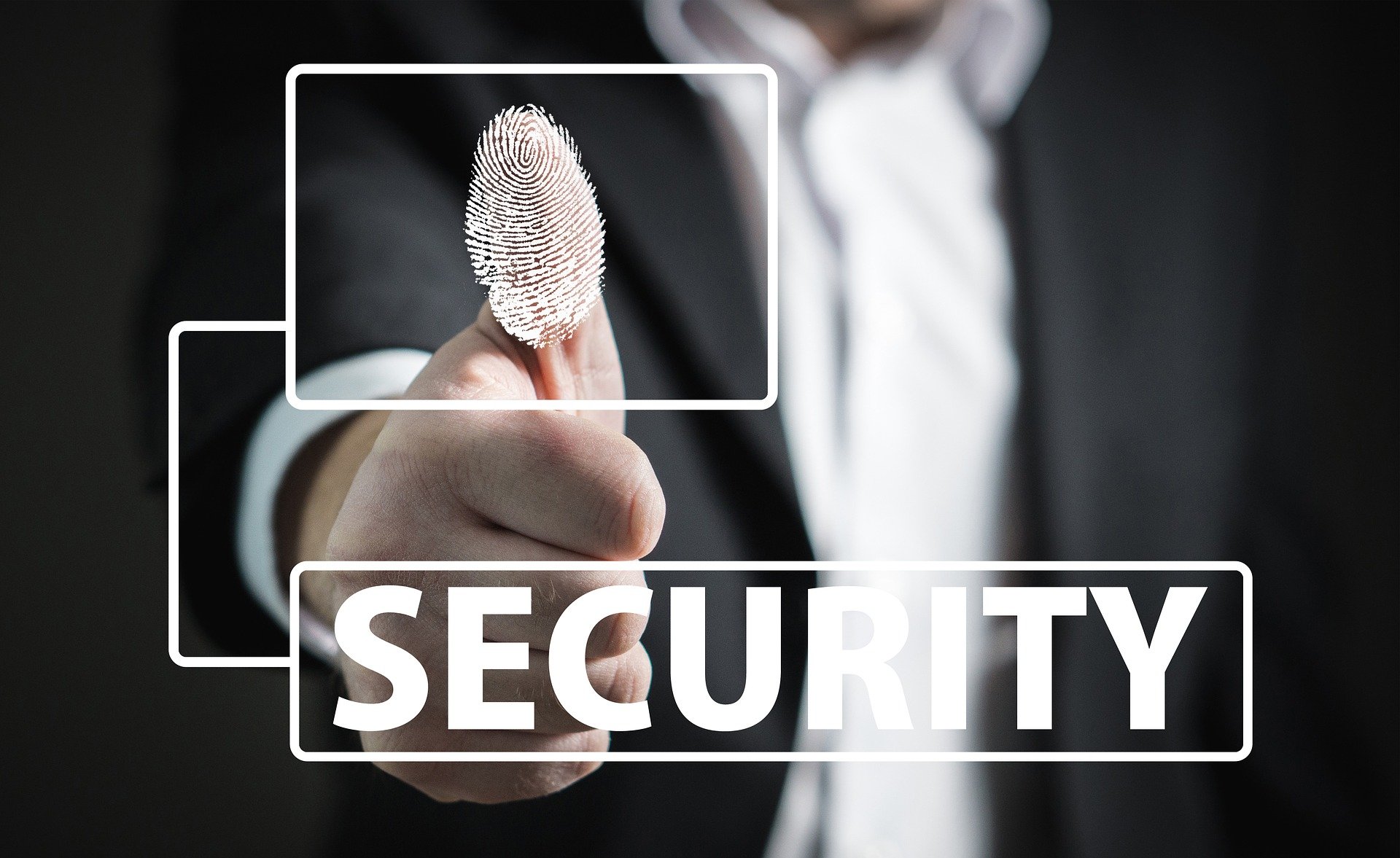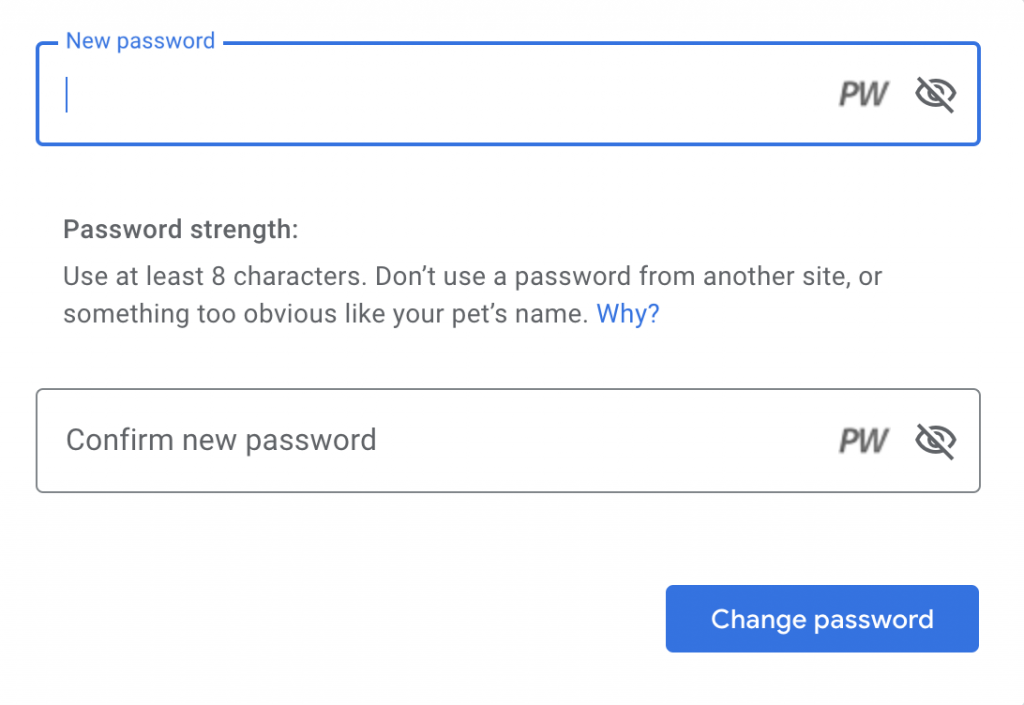
06 May Strong Password: 4 Essential Components
How long would it take a hacker to guess the password to your most important account right now? According to this whitepaper by Digital Shadows, over 15 billion stolen passwords live in circulation on the dark web, and that number continues to grow year over year. Your passwords hold the key to your most precious information: your bank accounts, your taxes, your entire digital life is contained by passwords. It is essential to be on top of choosing passwords that have the best opportunity to keep your information safe and out of the hands of hackers. Here are some guidelines for creating and maintaining a strong password:
Don’t use the same strong password for everything
Studies show that 52% of people reuse passwords for multiple accounts. But think about that a little bit: a hacker steals one password, and that password is protecting multiple or even all of your accounts, then all of your accounts become compromised. If a hacker is able to figure out your email password, and it just so happens that password is also protecting your bank account, you could be in big trouble. Use different passwords for your different accounts to ensure that if one account is hacked, the others are still protected.
Use as many characters as possible & make them unique
The longer your password is, the harder it is for someone to guess it. Longer passwords are mathematically stronger passwords. Many sites force you to create a password that is at least 8 characters. We recommend at least 12 characters, but the more the merrier in terms of security. We also recommend using a combination of uppercase letters, lowercase letters and symbols to increase strength and complexity.

Avoid strong passwords containing personal information
If people who know you can easily guess your password, try to think of something different. If a quick google search or study of your social profiles can give away information regarding your password, rethink it. Avoid using information like birthdays, dog’s names, and anniversaries. All of this information is easy for people to know or for people to find out. Being able to easily figure out your password means it’s not safe and not protecting your information.
At the same time, be sure to make your strong passwords memorable
While you don’t want other people to be able to guess your password, you also don’t want to forget it. If you forget what your super secure password is, you could get locked out of your account. Try to use passwords that reference something you know you won’t forget: a favorite book, a movie quote, an acronym for something. By using this strategy, along with the other methods mentioned above, your password will be both secure and memorable.
It is so important to be committed to your data. Be sure you’re dedicated to maintaining the security of your information. Change your passwords often and be sure to mix it up when you do. We recommend a great tool to check the strength of your passwords every time you need to change them: https://howsecureismypassword.net/. If you have any questions on password strength or need more ways to keep your information safe, reach out to our team about our secure hosting and security options!

